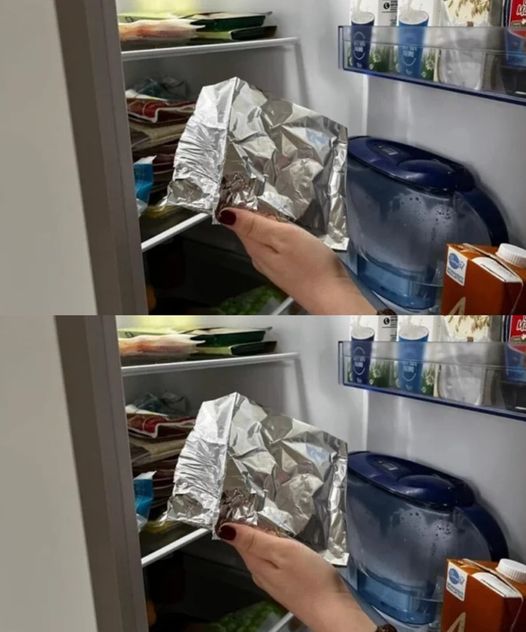ADVERTISEMENT
If You Put Plastic in the Refrigerator, Are You Prepared to Be Surprised? Here’s What Happens
When you think of food storage in the fridge, you probably imagine clear plastic containers or plastic bags storing leftovers, vegetables, and fruits. After all, plastic is a staple in kitchens around the world because of its convenience and versatility. But have you ever wondered what actually happens to plastic in the refrigerator? Does it affect your food or your fridge in ways you might not expect?
While plastic is a go-to material for storing food, there are some surprising things you might not know about its role in the refrigerator. From the impact on food quality to the long-term effects on your appliance, let’s explore what happens when you put plastic in the fridge.
1. Plastic Can Affect Food Freshness
One of the most common reasons people use plastic in the refrigerator is to keep food fresh, but here’s the thing—not all plastics are created equal. Some types of plastic can trap moisture inside containers, creating the perfect environment for bacteria growth. This is especially true for items like produce, meats, and cheese.
- Produce: Fruits and vegetables release gases like ethylene, which can cause them to ripen and spoil faster. Some plastics, particularly plastic bags, can trap these gases and moisture, speeding up spoilage. That’s why it’s important to store certain fruits and vegetables in breathable containers or use perforated plastic bags.
- Meats and Dairy: When you store meats and dairy in plastic without proper ventilation, it can create an environment where moisture builds up. This can cause the food to lose its freshness more quickly or develop mold and odors.
2. Plastic Can Release Chemicals Into Your Food
You’ve likely heard about the potential dangers of chemicals leaching from plastic containers into your food, especially when the plastic is exposed to heat. But what happens when plastic is stored in the refrigerator? While lower temperatures generally reduce the risk of chemicals leaching compared to when plastic is heated, there’s still a possibility that certain types of plastic can release harmful substances.
Some plastic containers are made with chemicals like BPA (bisphenol A), phthalates, or other additives. These chemicals can migrate from the plastic into the food they’re storing, especially if the plastic is scratched, old, or of low quality. Though BPA-free plastics are now more common, it’s still a good idea to check the labels of your food storage containers and avoid using old or damaged plastic to minimize the risk of chemical contamination.
3. Condensation and Plastic: A Moisture Magnet
Have you ever noticed moisture forming inside plastic containers when you store food in the fridge? This is especially common with plastic containers that don’t have proper seals or airflow. Condensation forms when cold air hits the warm
ADVERTISEMENT
ADVERTISEMENT
